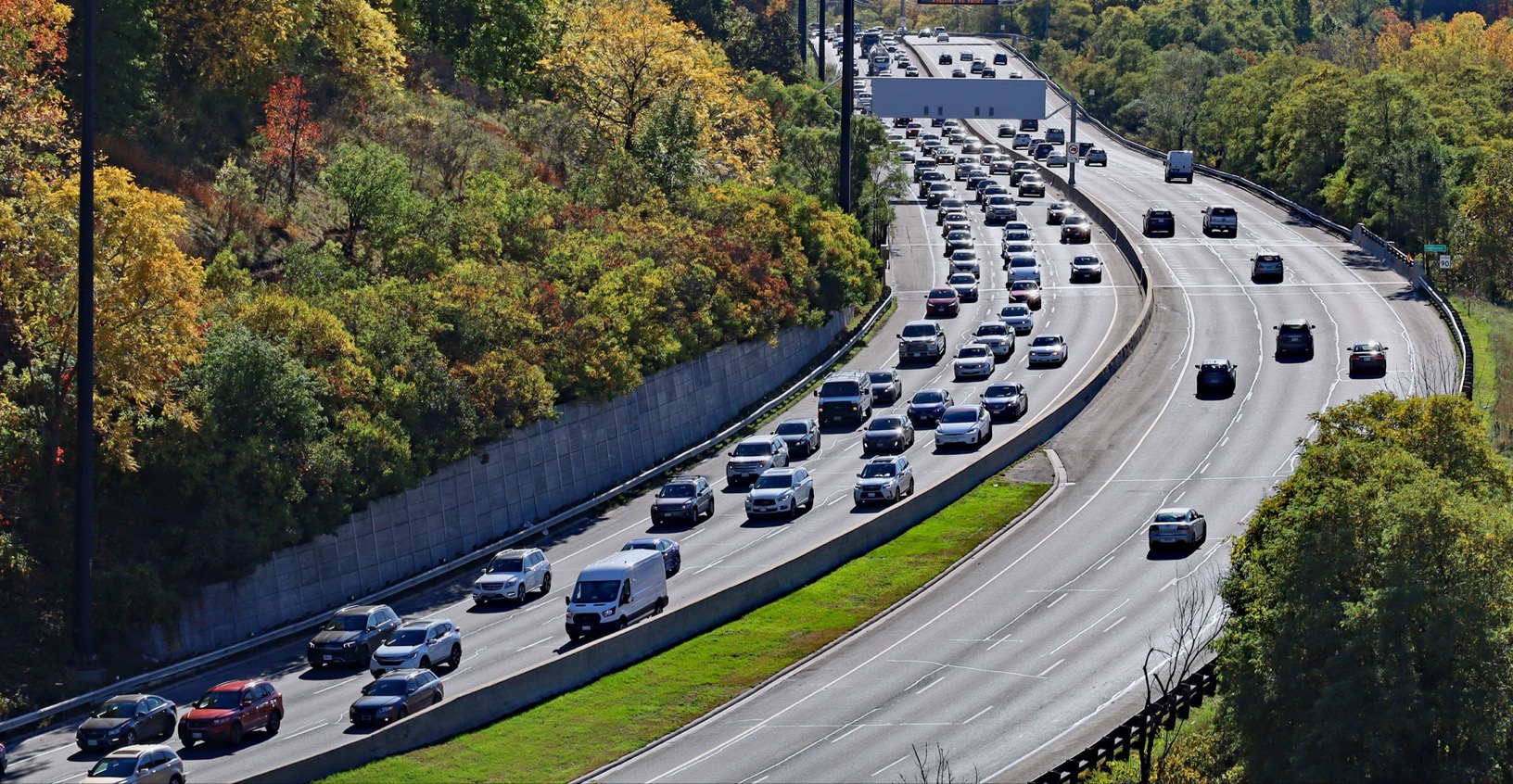The next few weeks will be unprecedented for the climate change agenda, particularly in the UK. Last week we had the publication of the government’s Net Zero Strategy and HMT Net Zero Review, and we will shortly see the opening of COP26 in Glasgow. The government has set out a vision of a technology-enabled transition to a net-zero economy, challenging the UK private sector to innovate and bring the best and lowest cost solutions to bear in solving the problem. It is clear that it will be market forces that will drive the solutions. But what does this mean for the future of roads and transport?
On the one side this leaves a level of uncertainty in meeting our 2050 goals, but on the other it places the UK as a test bed for the innovation that will need to be scaled globally to meet the decarbonisation challenge. The model is to invest so that over the medium and longer term we have a more productive low carbon economy, taking advantage of the long-term savings from decarbonisation.
Shifting to electric vehicles
The innovation in the electric vehicle (EV) market is testament to the growth of this sector and the opportunity for those involved accelerating the transition. The consumer market allows for that dynamism if regulated in the right way. The government has recognised its role as an enabler and in targeting interventions that address key market failures. We have seen this in our own work, initially supporting our clients on projects funded through grants, to those financed through major infrastructure projects, to large scale investment from industry in the decarbonised alternatives.
An EV can cost as little as 1p per mile to run, compared to 10p per mile for a petrol or diesel car. We are also seeing greater competition in the marketplace where already 1 in 10 cars on sale in the UK are zero emission. As the upfront cost of EVs continues to come down, the financial argument will become even clearer, and we will need to make sure that the investment in infrastructure keeps up with demand. Our EV and hydrogen infrastructure team will be showcasing our work in this area on the EV and Alternative Fuels stage at Highways UK.
Investment in decarbonisation
We know that our highways will continue to be a key enabler of our economy in the future and the challenge to the sector from the government is not to deliver that enabling service without further investment, but to decarbonise that investment. This means bringing carbon to the centre of investment decisions and driving behaviours through the governance of a carbon budget. Our programme, cost and commercial teams, working with our business transformation and sustainability experts, have been doing just that on the Lower Thames Crossing (LTC) project.
Carbon is being brought into the same level of scrutiny as the critical factors of cost, time and quality. National Highways has set out their Net Zero Commitments and it will be the continuing innovation in project governance, finance, procurement and stakeholder engagement, alongside technology innovation, that will drive this change. The application of PAS 2080 - a global standard for managing infrastructure carbon - provides the structure we need. And with each project, as with LTC, we can push the boundaries of good practice. A combination of collaboration and competition is key to unlocking the harder to tackle parts of the net zero puzzle. On LTC the team have introduced mechanisms to enable the project team to take risks with new materials, learn and deploy, in a way that can set a new benchmark – which every new scheme will need to do between now and 2050.
The highways sector can lead the way
The highways sector has always been challenged on its long-term sustainability. But it has always been a sector that has strived to innovate, proactively and systematically identified and managed-out risk, and worked across the boundaries of collaboration and competition to deliver better outcomes. Can we now harness this culture to lead the way, showcase the art of the possible and be a champion for other sectors?
Contact Ben Harris at benjamin.harris@arcadis.com




